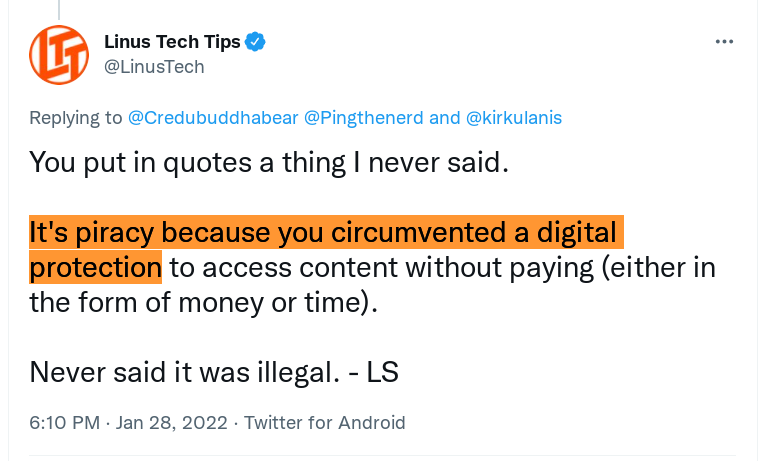
The supposed "problem" you have observed is in actuality a *protocol*.
You can't "solve" a protocol, you can only replace it with a better one. #dmutc
You can't "solve" a protocol, you can only replace it with a better one. #dmutc

"But Mark, why would you say you I can't solve a protocol?"
Because it has been put in place to solve an underlying problem. A problem that you haven't even noticed or identified, due to over focusing on the protocol itself. A parallel to #ChestertonsFence comes to mind.
Because it has been put in place to solve an underlying problem. A problem that you haven't even noticed or identified, due to over focusing on the protocol itself. A parallel to #ChestertonsFence comes to mind.
"But Mark, the protocol has certain serious issue to it?"
Is the issue with protocol worse than the original problem that is being solved by the protocol? Is your proposed new protocol better than the current protocol?
Is the issue with protocol worse than the original problem that is being solved by the protocol? Is your proposed new protocol better than the current protocol?
"But Mark, how do I know whether a new protocol is better or worse?"
A protocol maintains a channel between two parties. If you identify one party as "stronger", and the new protocol would replace that "stronger" party with a *yet stronger* party, it is a bad replacement.
A protocol maintains a channel between two parties. If you identify one party as "stronger", and the new protocol would replace that "stronger" party with a *yet stronger* party, it is a bad replacement.
"But Mark, could we just do away with the protocol altogether?"
In principle, yes: by ensuring that the two parties, originally communicated with the protocol, will tend to eventually come to the same ideas, plans, conclusions - and have commensurate ability to ac upon them.
In principle, yes: by ensuring that the two parties, originally communicated with the protocol, will tend to eventually come to the same ideas, plans, conclusions - and have commensurate ability to ac upon them.
"But Mark, is it always possible to do away with the protocol?
In practice, not quite: the parties, in the course of keeping & maintaining their own separate identities, naturally retain significant differences. Forcing the issue is immoral - and often counter-productive (duh).
In practice, not quite: the parties, in the course of keeping & maintaining their own separate identities, naturally retain significant differences. Forcing the issue is immoral - and often counter-productive (duh).
Anyone who considers protocol unimportant has never dealt with a cat.
-- R. Heinlein
-- R. Heinlein
• • •
Missing some Tweet in this thread? You can try to
force a refresh












